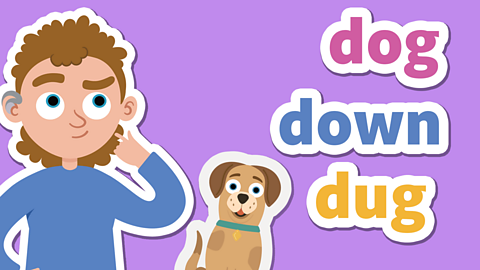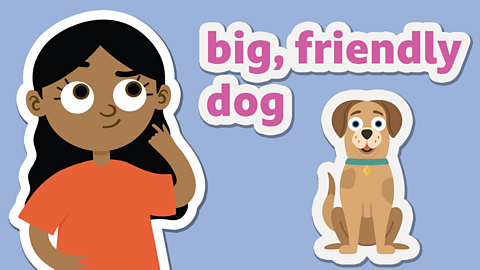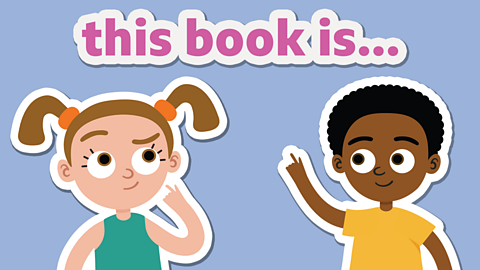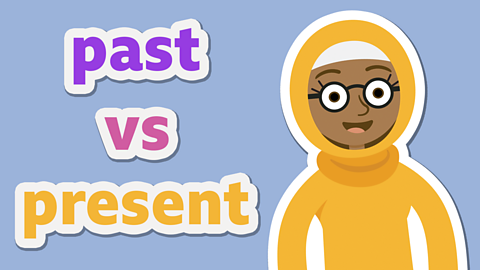Cinders isn't too happy about how Joe describes the character of Cinderella to Bill

Interesting characters make for better stories
Think about your favourite book.
What is it about that particular story that you love so much?
More than likely, your choice will have something to do with the main characters. Perhaps it is because you can identify with them, or maybe they are someone you would aspire to be more like.
For whatever reason, interesting characters make for better stories – the more we enjoy the characters, the more likely we are to enjoy the book.

Making a character memorable
Authors can use a range of techniques to help them develop the profile of their characters.
The type of story that they will appear in will also impact upon the type of characters they are.
They might have a memorable name or nickname; features that make their appearance stand out, like a witch’s warty nose or a hero’s chiselled chin; a setting where they appear most often, such as a superhero’s headquarters.
They might also have special powers and skills or even just clothing that tells us a bit more about them and their backstory, like Cinders’ glittering glass slippers.

Descriptive language
All of the steps above can help us, as readers, get to know the characters that bit better.
Focusing on adding descriptive language, such as adjectives and adverbs, helps build a more detailed picture about them.
Adjectives are words that describe nouns (the name of a thing or a place), for example: the evil villain or the beautiful princess.
One or more adjectives can be added in front of the nouns to create expanded noun phrases: the evil, nasty villain captured the beautiful, brave princess from her old, ruined castle.
The same applies for verbs (doing words) and adverbs (a word that describes an action). The more detail the author uses, the clearer picture we can form in our minds - the evil, nasty villain carefully captured the beautiful, brave princess from her old, ruined castle.
Both similes and metaphors can also be used to make comparisons and capture a reader’s imagination.A simile describes something by comparing it to something else, using like or as. For example, the villain was as cool as a cucumber.A metaphor is a word or a phrase used to describe something as if it were something else. For example, the princess had the heart of a lioness.

A clear picture
Being helped to form such a clear and accurate picture will:
- improve your comprehension of the entire story
- improve your own writing
- allow you to sum up the main points and hopefully share your own opinions and ideas about the characters themselves and what has happened to them
Like Astro-Joe, you might even be left with some interesting, unanswered questions of your own!
More on Reading skills
Find out more by working through a topic
- count4 of 11

- count5 of 11

- count6 of 11

- count7 of 11
